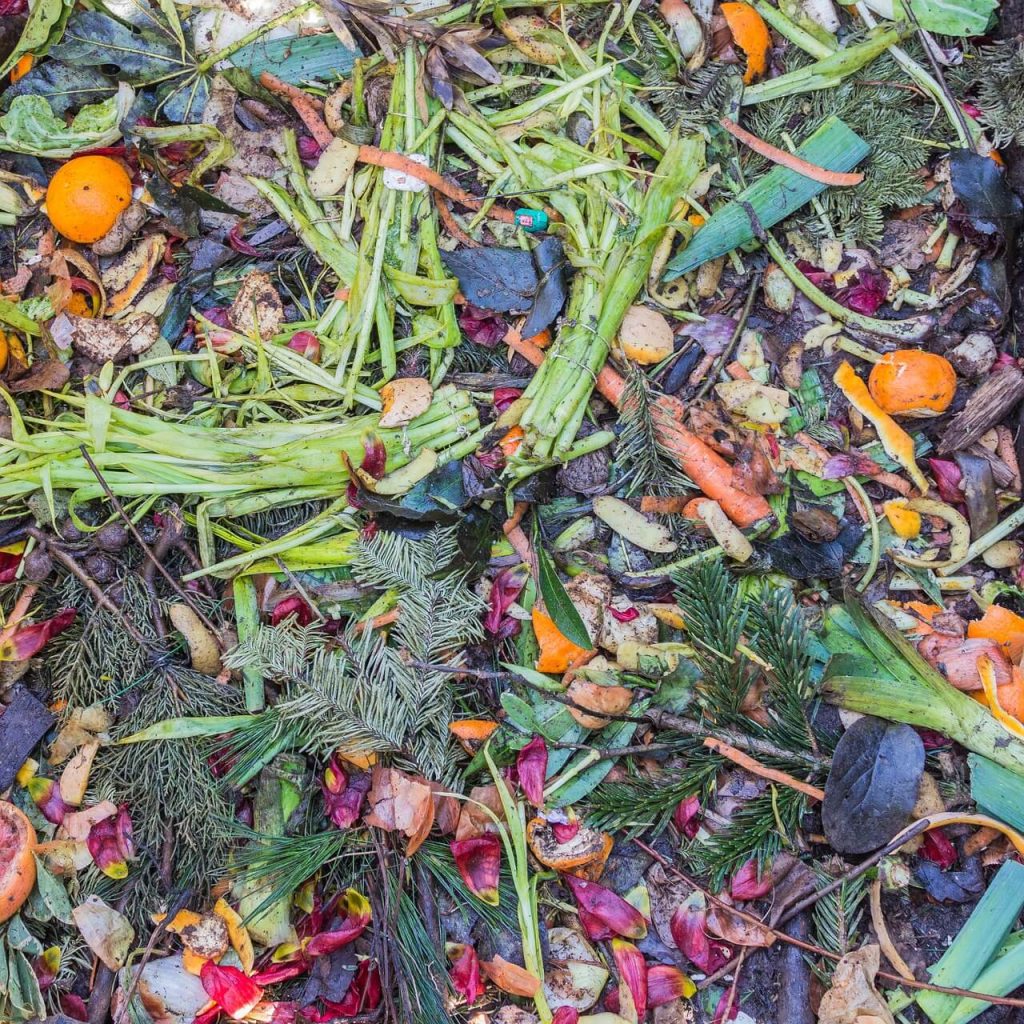Last Updated on December 10, 2023 by Kimberly Crawford
When composted vegetable matter is decomposed by micro-organisms it produces a dark brown, sweet-smelling, peat-like material which improves the soil and plant growth.
Any vegetation can be composted. Earthworms and microbes break down the dead material, turning it into compost. When applied to the soil compost improves soil fertility, helps maintain soil structure, conserves moisture and enhances plant growth.
The Difference Between Garden Compost and Potting Compost
The structure, consistency and nutrient content of garden compost varies from batch to batch which makes it unsuitable for seed sowing or potting composts.
In order to consistently raise quality plants proprietary sterilized composts (more correctly referred to as growing media) must be used.
How long Does it Take to Make Garden compost?

The biggest problem for people with small gardens is getting enough material together at any one time. Better quality compost is made from large initial volumes of waste, because much higher temperature are reached very quickly.
The compost will be ready for use in about 6 months depending on the ambient air temperatures. If you only have access to small amounts of material at a time the heap remains relatively cool and can take at least 12 months to turn into compost.
How to Make a Compost Bin

The material can be put in a heap and covered, but a compost bin will be neater and easier to manage. Proprietary plastic compost bins can produce good compost if used correctly.
Home made wooden bins are easily and cheaply constructed from recycled timber, old pallets or floorboards. Follow these basic rules when building a compost bin and success will be assured.
- The structure should have solid sides.
- It should be wide enough to fill easily,and hold at least one cubic metre.
- The bin should have a rainproof cover – plastic or old carpet will do fine.
- Site the bin on an earth base as this allows drainage and access for soil organisms.
How to Make Garden Compost

Collect a mixture of 50% woody, carbon-rich waste such as shredded paper, shredded prunings or straw (often referred to as browns) and 50% soft, nitrogen-rich materials such as grass clippings, kitchen waste or manure (known as greens).
Don’t compost diseased plants, perennial weeds and their seedheads as they are unlikely to be killed by the temperatures reached in the heap. Avoid cat and dog waste which may carry health risks and don’t add meat, fish and cooked scraps as they only encourage vermin such as rats.
- Start off with a layer of open material such as old pea haulms or straw
- Build up the heap with alternate (15cm deep) layers of soft, sappy green material like grass clippings and annual weeds followed by tougher drier material (the browns).
- To speed up decomposition put woody growth through a shredder.
- Tough stemmed remnants like Brussel sprout stems must be chopped up into small sections before adding to the heap.
- Proprietary activators can be added to stimulate the process of decomposition, but a thin layer of farmyard manure spread after every 15cm layer is much cheaper and just as effective.
- Turn the compost from time to time to aerate the material and speed up rotting.
Reap the Benefits of Well Made Compost
Crumbly, black, sweet smelling garden compost improves the fertility of all soils. It also improves the drainage and aeration, which in turn will result in healthier plants. Compost is fun to make and virtually cost free.



